National Race Equity Implementation Center

The National Race Equity Implementation Center (NREIC) is an intermediary housed at the Children and Youth Cabinet of Rhode Island (CYC). NREIC is moving race and equity into the role of primary driver in Implementation Science and practice.
NREIC knows that treating content relevance and participant engagement as top tier fidelity factors will both operationalize equity in implementation science and lead to better behavioral health and clinical outcomes for children, youth and families. NREIC accomplishes this through strategic fund development, large scale national projects, local coaching engagements, the publication of independent research and process evaluations, and national/international presentations.
Our Chairs
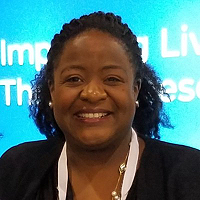
Lisa Gary, PhD
Lisa is an epidemiologist and public health researcher with more than 15 years of experience in health services research, health care quality measurement, quantitative data analysis and health policy. Additionally, she has extensive experience in project management particularly working with foundations on grants management activities (RFP development, contracting, monitoring and evaluation). She is also an expert in stakeholder engagement with diverse communities of academics, researchers, and patients, community-based health studies, and program evaluation.
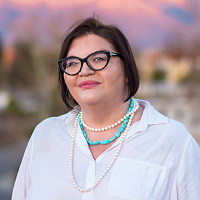
Cindy Myers, LCSW
Cindy has worked in residential, and clinical outpatient social work field since 2010 in urban, rural, and Tribal settings serving several populations to include: Native Americans, Hispanics, Immigrants, Children, Adolescents, Adults, Elders, Veterans and Reintegrated Citizens with individual, couple, family, and group therapies along with strategic community prevention work as a clinician, case manager, presenter, program director, grant writer, and executive director.
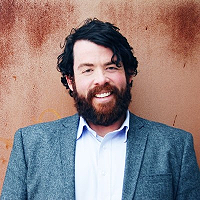
Matthew Billings, Deputy Director, CYC
Matt is a change-maker, facilitator and inclusive, community-driven leader with expertise in program design and implementation science. Matt’s career has been shaped by and continues to hinge on the engagement of diverse voices in the design and implementation of solutions to a diverse range of opportunities and challenges. Matt has served as Deputy Director of CYC since 2014. In this role, Matt oversees the installation and initial implementation of the CYC’s entire portfolio of evidence-based programs and strategies.
The NREIC Toolkit
Race Equity Implementation Drivers
A framework for overlaying Race and Equity to Implementation Drivers. View here.
“’A Joyful Rebellion’” youth led podcasts
A model for amplifying youth voice regarding their own behavioral health. Listen here.
Engagement and relevance surveys for program participants
An open-source tool that gathers data to improve engagement, retention and eventual outcomes. View here.
National Race Equity Implementation Center Technical Assistance Framework
How NREIC approaches coaching and TA View here.
Pivot to Prevention toolkit
Fiscally innovative tools and guidance on how to implement school based mental health. View here.
Engagement and relevance coaching modules
Consultation regarding how to use survey data and strategies to improve engagement, retention and outcomes. View here.
Our Founding Members
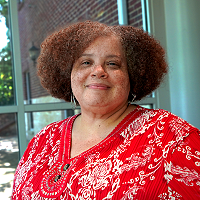
Tracy Anderson, PhD
Dr. Anderson is the Assistant Director of the Center for Family Research at the University of Georgia. She provides direct oversight and works closely with the staff who lead and support active research projects. Dr. Anderson also oversees the dissemination of the Strong African American American Families (SAAF) and the Strong African American - Teen Program (SAAF-T), by promoting the program as well as coordinating training and providing technical assistance to organizations that purchase SAAF.
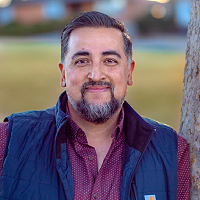
Leon Aragon, LCSW
Leon has worked in state, medical, school based, and clinical outpatient & inpatient social work field since 2010 in urban, rural, and Tribal settings serving several populations to include: Native Americans, Hispanics, Immigrants, Children, Adolescents, Adults, Elders, Veterans, Developmentally Delayed, Individuals with TBI, and Reintegrated Citizens with individual, couple, family, and group therapies along with strategic community prevention work as a clinician, case manager, presenter, program director, and grant writer.
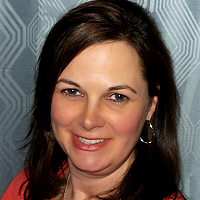
Margaret Flynn-Khan, MSW
Margaret is a founding partner of Mainspring Consulting, a national consulting firm that works with foundations, policymakers, and state and community leaders to design effective investments for families and communities. She has provided training and technical assistance to hundreds of public and private leaders around the country focused on financing and sustaining effective initiatives. Margaret has conducted research and produced publications exploring funding sources and financing strategies to support education, youth development, prevention and child welfare initiatives.
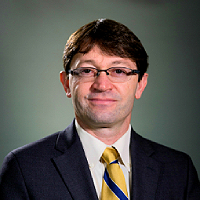
Antonio Polo, PhD
Antonio conducts research on the development and evaluation of interventions in schools and other community settings as well as on the factors that are associated with the development of mental health problems among Latinx and other ethnic and linguistic minority youth. Antonio is the Director of the Culture and Evidence-Based Practice Lab at DePaul University. In that role he is also the Primary Developer and Disseminator of Act and Adapt.
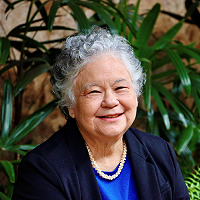
Laurie Tochiki, JD, PhD
Laurie is the Executive Director of EPIC ʻOhana, a nonprofit organization serving families, children and youth in the child welfare system. “EPIC,” which stands for Effective Planning and Innovative Communication, reflects the organization’s goal of breaking down barriers between social workers, families, government systems and others. EPIC is the backbone organization for a network of agencies and foundations called Nā Kama a Hāloa, which seeks to improve outcomes for native Hawaiian children touched by the child welfare system.
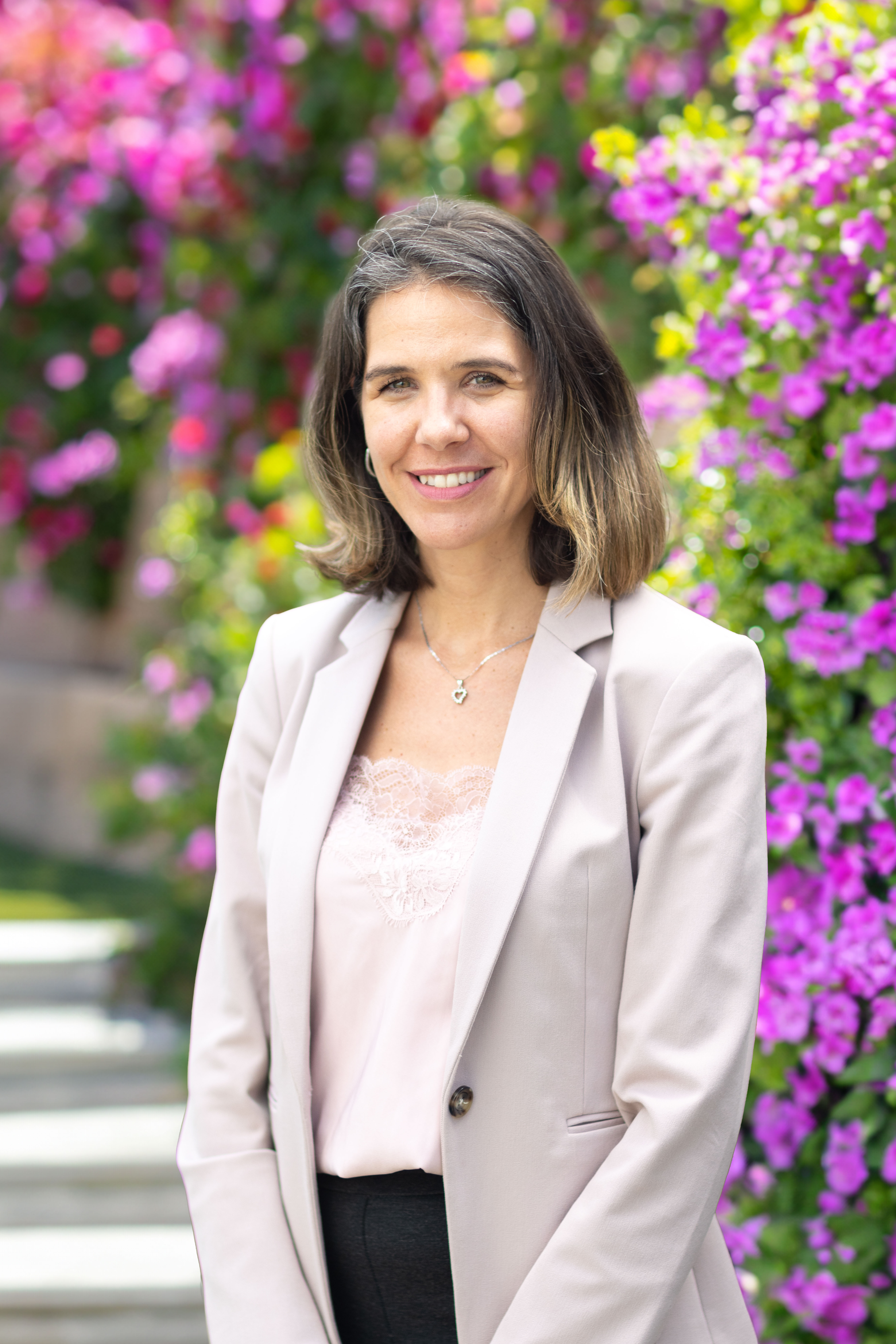
Maya Boustani, PhD
Maya Boustani is an Associate Professor of Psychology at Loma Linda University and a licensed clinical child and adolescent psychologist. Maya has made significant contributions to the field through her research on the "common elements" of prevention programming, which aims to identify shared ingredients across diverse prevention programs for youth. Her work suggests that multiple adverse outcomes may share common underlying risk and resilience pathways, prompting exploration into modular approaches to prevention and intervention. These approaches aim to minimize burdens on communities while promoting mental health strategies that can be delivered by non-clinical providers.
See more about our team HERE!
For more information please contact Matthew Billings at matthew_billings@